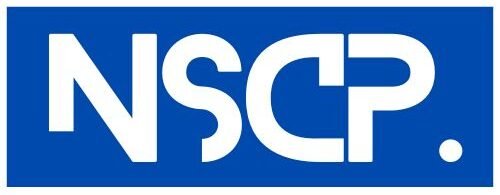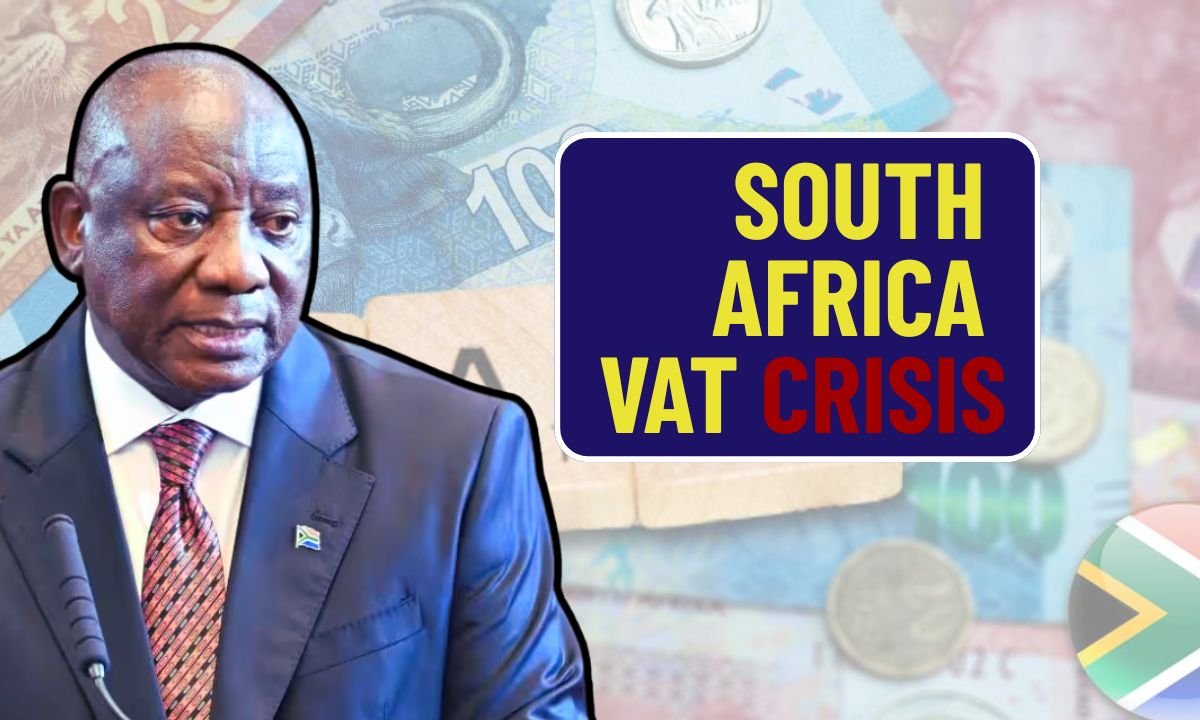South Africa is currently grappling with a complex and contentious issue that could shape its economic future for years to come, a potential increase in Value Added Tax (VAT). As government revenue needs soar amid a sluggish economy and rising public debt, policymakers are revisiting VAT as a means to bolster state coffers. But this move is not without controversy. Many citizens and economists are raising alarms over the possible social fallout, especially on low-income households already burdened by high living costs and limited access to essential services.
Economic Pressure Mounts as the Government Seeks Revenue Lifelines
With mounting fiscal deficits and a pressing need to fund public services, the South African government is exploring all viable options to increase revenue. VAT, currently set at 15%, is seen by some officials as a straightforward way to inject funds into the treasury without overly complicating the tax system. Supporters argue that raising VAT would provide an immediate boost to government income, enabling it to maintain or expand crucial programs in health, education, and infrastructure. However, these economic benefits must be weighed against the regressive nature of the tax itself.
How VAT Hikes Affect the Poor the Most

One of the core criticisms against increasing VAT is its disproportionate impact on the poor. Unlike income taxes, which scale with earnings, VAT applies uniformly on most goods and services, meaning lower-income individuals end up spending a greater share of their income on taxes. This dynamic raises significant ethical and policy concerns, as it could deepen existing inequalities in a country already struggling with high unemployment and social unrest. Critics warn that a VAT hike could further alienate disenfranchised communities and weaken consumer demand across the board.
Fiscal Responsibility Meets Social Equity
The VAT debate reveals a broader challenge for South Africa: balancing fiscal responsibility with social justice. While the state urgently needs more revenue to stabilize the economy and meet its developmental goals, it must avoid decisions that might aggravate poverty or trigger political backlash. Alternatives such as increasing wealth taxes, tightening tax compliance, or reprioritizing government spending have been floated as more equitable solutions. Some economists suggest a gradual or conditional VAT increase, coupled with expanded social grants or food exemptions, to mitigate negative effects.
Public Sentiment and the Political Calculus Behind the VAT Decision
Public reaction to the proposed VAT hike has been swift and passionate, with civil society groups, unions, and advocacy organizations warning against policies that could hurt the vulnerable. Political leaders are now walking a tightrope, aware that pushing through unpopular fiscal measures could carry serious consequences at the polls. As election seasons approach, the VAT issue could become a defining feature of party platforms, revealing each faction’s stance on economic recovery and social welfare.
Will South Africa Find a Sustainable Solution?
As debates continue, South Africa stands at a fiscal and moral crossroads. The decision to increase VAT is more than a budgetary adjustment it is a reflection of the country’s values and priorities. Whatever the outcome, it will require careful planning, inclusive dialogue, and a commitment to protecting the nation’s most vulnerable. The challenge is immense, but so too is the opportunity to create a more resilient and equitable economy.

